Ebikes
E-Bike Food Delivery Hacks: How to Keep Pizza Perfect in Bumpy Rides
Food delivery has become an essential service in today’s fast-paced lifestyle. With people increasingly relying on quick and efficient meal delivery, especially during busy evenings or bad weather, ensuring that the food arrives hot, fresh, and intact has never been more important. Delivery companies are now turning to e-bikes as a solution, combining speed, efficiency, and eco-friendliness. However, one of the biggest challenges riders face is keeping food safe while navigating uneven roads, traffic, and unpredictable conditions.
This article will explore why e-bikes are a perfect match for food delivery, provide practical advice on securing food during transport, and guide you in selecting the best e-bike for delivery work. Whether you’re an independent courier or part of a larger platform, these tips will help you deliver food more reliably and with confidence.
Why E-Bikes Are the Future of Food Delivery
Food delivery has evolved from being a luxury service to an everyday convenience. E-bikes, with their unique mix of affordability and adaptability, are revolutionising how food gets from restaurants to customers. Let’s take a deeper look into why they’re the vehicle of choice for many delivery riders.
- Cost Efficiency
One of the most significant advantages of using an e-bike is how economical it is compared to scooters or cars. Fuel prices continue to rise, and the cost of car insurance, maintenance, and parking can quickly eat into delivery profits. An e-bike, by contrast, runs on a rechargeable battery. A single charge costs only pennies, and basic maintenance like chain lubrication or brake adjustments is far cheaper than car servicing. Over time, riders save a considerable amount of money, making food delivery more profitable.
- Eco-Friendly Transportation
With more cities enforcing environmental policies, the shift toward cleaner transport has become urgent. E-bikes produce zero emissions and rely purely on electricity. Unlike petrol-powered scooters or cars, they don’t release harmful pollutants, making them the greener choice. Choosing an e-bike for delivery means reducing your carbon footprint while contributing to a healthier environment—a win-win for both businesses and the planet.
- Flexibility in Urban Settings
Busy cities are notorious for traffic jams and limited parking. E-bikes provide the flexibility needed to cut through traffic and take shortcuts cars cannot. Their smaller size makes them easier to park, often right in front of restaurants or customer doorsteps. For delivery riders, this translates into faster drop-offs and the ability to complete more orders in less time.
- Health and Lifestyle Benefits
Unlike riding a motor scooter, pedalling an e-bike offers light exercise while still benefiting from electric assistance. Delivery riders often spend hours on the road, and using an e-bike helps maintain fitness without overexertion. It’s the perfect balance between convenience and health, making the job more enjoyable and physically rewarding.
How to Secure Food Delivery Bags on an E-Bike

Delivering food isn’t just about speed; it’s about ensuring the meal arrives in excellent condition. No customer wants their pizza upside down or their soup spilled inside the bag. Here are practical strategies to make sure your food bags stay safe and secure:
- Invest in Insulated Delivery Bags
High-quality insulated bags are essential for food delivery. They keep hot food warm and cold food chilled, ensuring freshness. Sturdy bags also prevent items from shifting too much during the ride. For example, pizza bags are designed to hold boxes flat, while deep insulated bags are ideal for stacked meals. Reliable options are widely available on Amazon.
- Use a Stable Mounting System
E-bikes often come with rear racks or panniers, perfect for delivery bags. Secure them with bungee cords or straps for extra stability. Without this precaution, bags can tip, especially when navigating corners or rough roads.
- Double-Check Before Riding
Always check that straps and mounts are tight before you begin your delivery. Loose bags are a common cause of spills. For large orders, consider splitting items across multiple bags to keep weight balanced.
- Consider Front Baskets or Cargo Carriers
If you’re riding a folding e-bike with limited rack space, front baskets or panniers are excellent alternatives. These help balance smaller orders and make loading and unloading faster. Many cargo add-ons can be found at Tern Bicycles.
Managing Bumpy Roads and Food Safety

City streets are rarely perfect. Potholes, cobblestones, and uneven pavements are common obstacles. To protect your deliveries, you need to adapt your riding style and equipment:
- Regular E-Bike Maintenance
Check your tyres regularly and keep them properly inflated to absorb shocks better. Ensure brakes, gears, and suspension are functioning correctly. A well-maintained bike is not only safer but also more reliable when handling rough terrain.
- Adopt Careful Riding Habits
- Slow Down: Speeding over potholes risks damaging both the bike and the food.
- Stay Smooth: Avoid sharp turns or sudden stops that may tip delivery bags.
- Plan Routes: Choose smoother roads over shorter but bumpier alternatives when possible.
- Use Proper Suspension
Bikes with front or full suspension absorb shocks effectively, preventing food from being jolted around. For frequent deliveries in cities with poor road conditions, a suspension-equipped bike is a worthwhile investment.
Choosing the Right E-Bike for Food Delivery

Selecting the right e-bike can make your delivery job much smoother. To give you a clearer picture, here’s a comparison of four popular models:
| Feature | DYU C6 Pro | Raleigh Motus Tour | Merida eOne-Sixty 6000 | Trek Verve+ 2 |
|---|---|---|---|---|
| Motor Power | 250W | 250W | 250W | 250W |
| Battery | 36V, 10Ah | 36V, 13Ah | 36V, 14Ah | 36V, 500Wh |
| Range | 40-50 km | 80-120 km | 80-100 km | 60-100 km |
| Cargo Options | Rear rack | Rear + optional basket | Rear rack | Rear rack |
| Suspension | Front | Front | Full | Front |
| Frame | 26-inch | 28-inch | 27.5-inch | 28-inch |
Battery Life and Range: If you deliver short distances, the DYU C6 Pro’s 40–50 km range is sufficient. For longer shifts, the Raleigh Motus Tour or Merida eOne-Sixty are better choices, offering over 80 km per charge.
Cargo and Comfort: All bikes feature rear racks, but if you need extra comfort on rough roads, the Merida’s full suspension is unbeatable. For city streets, the DYU C6 Pro balances comfort and practicality.
BUY DYU C6 PROConclusion: Delivering Smarter with E-Bikes
E-bikes are transforming food delivery by offering speed, efficiency, and affordability. With proper bag security, regular bike maintenance, and thoughtful route planning, you can ensure every delivery arrives safely. Choosing the right model—whether it’s the budget-friendly DYU C6 Pro or the longer-range Raleigh Motus Tour—depends on your delivery style and routes.
If you’re serious about food delivery, investing in an e-bike is not just practical, it’s the smarter choice for the future. You’ll save money, protect the environment, and provide a better experience for your customers.
FAQ
How can I keep food secure during delivery?
Use insulated delivery bags, secure them with straps, and double-check before starting your route.
What suspension is best for delivery bikes?
Front suspension is enough for smooth city roads, while full suspension is ideal for rough terrain.
How far can I travel per charge?
Depending on the model, ranges vary from 40 km to 120 km. For city deliveries, 40–60 km is usually enough.
What motor power should I choose?
A 250W motor works well for most urban routes. If you face steep hills or heavy loads, consider 350W or higher.
Which e-bike is best overall?
For affordability and daily city use, the DYU C6 Pro is excellent. For longer distances, the Raleigh Motus Tour provides outstanding range and comfort.

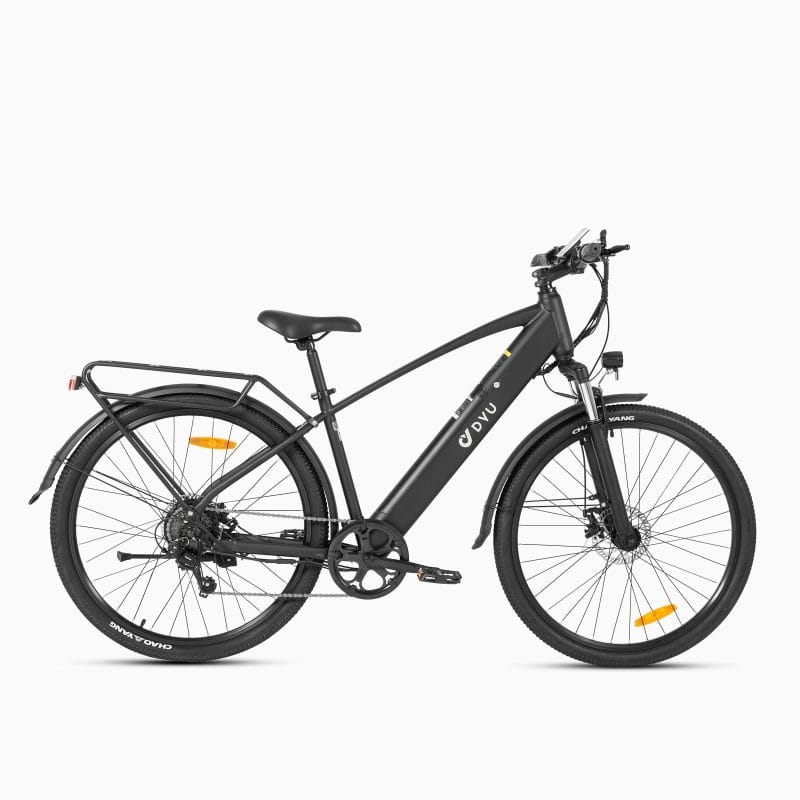

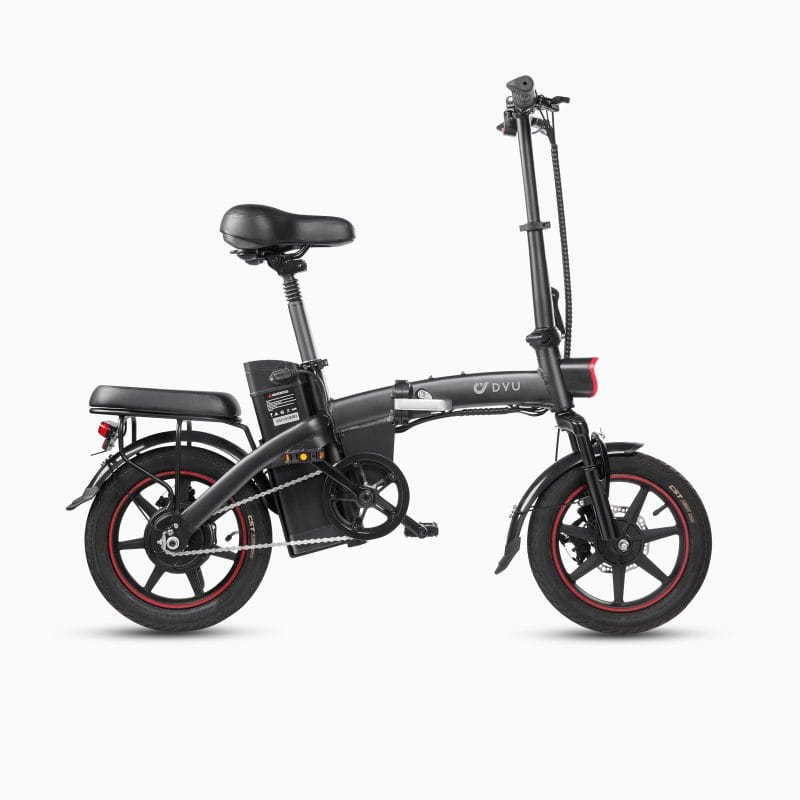
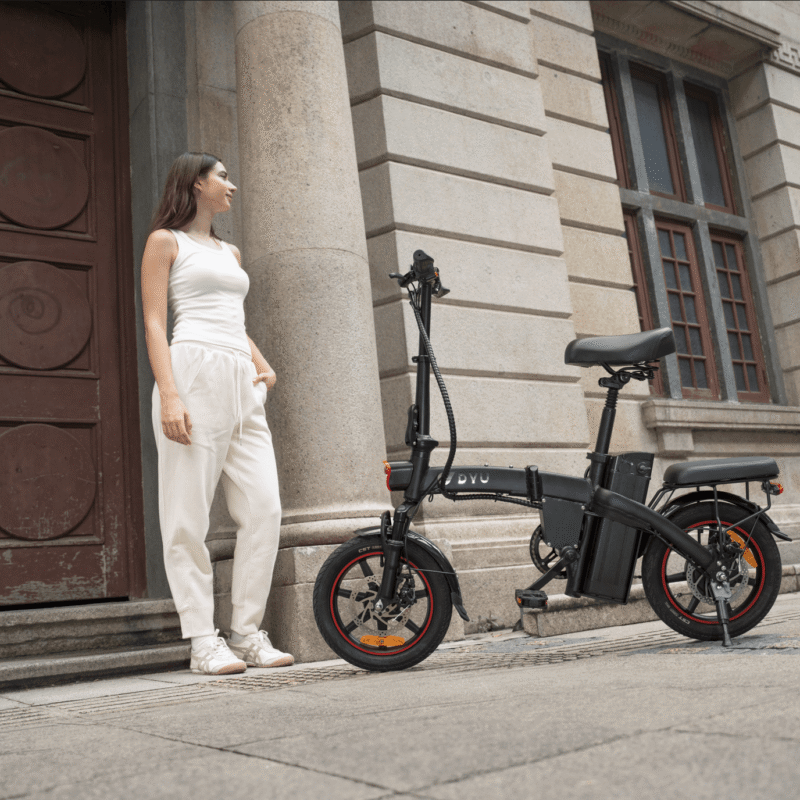
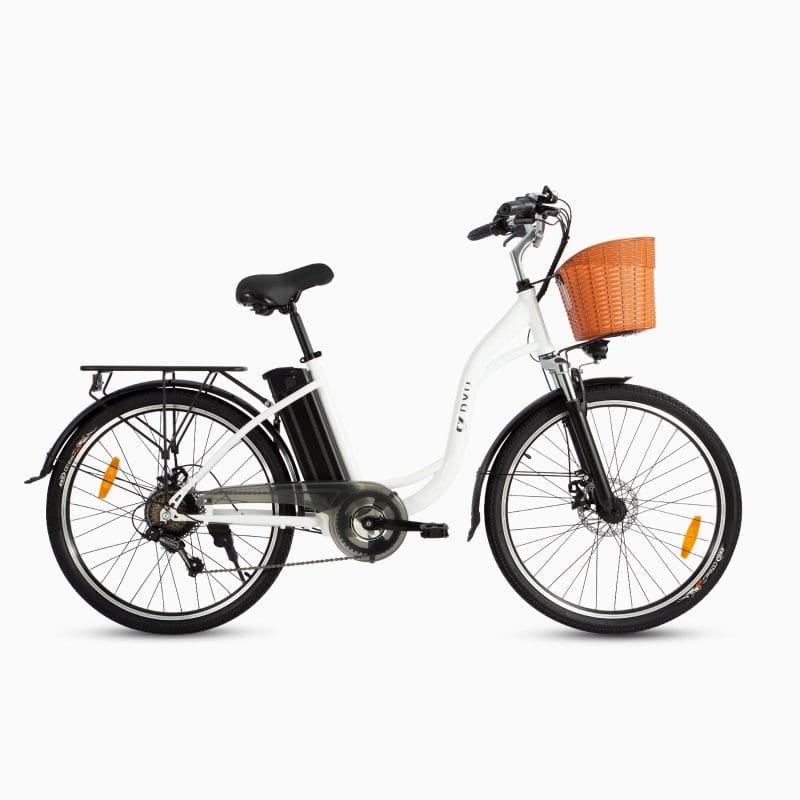
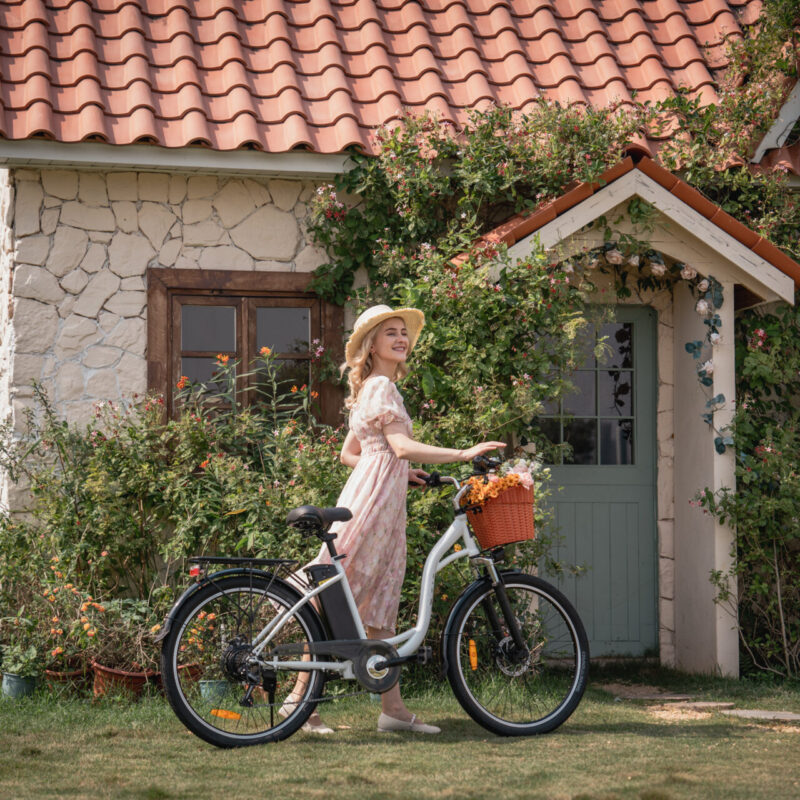
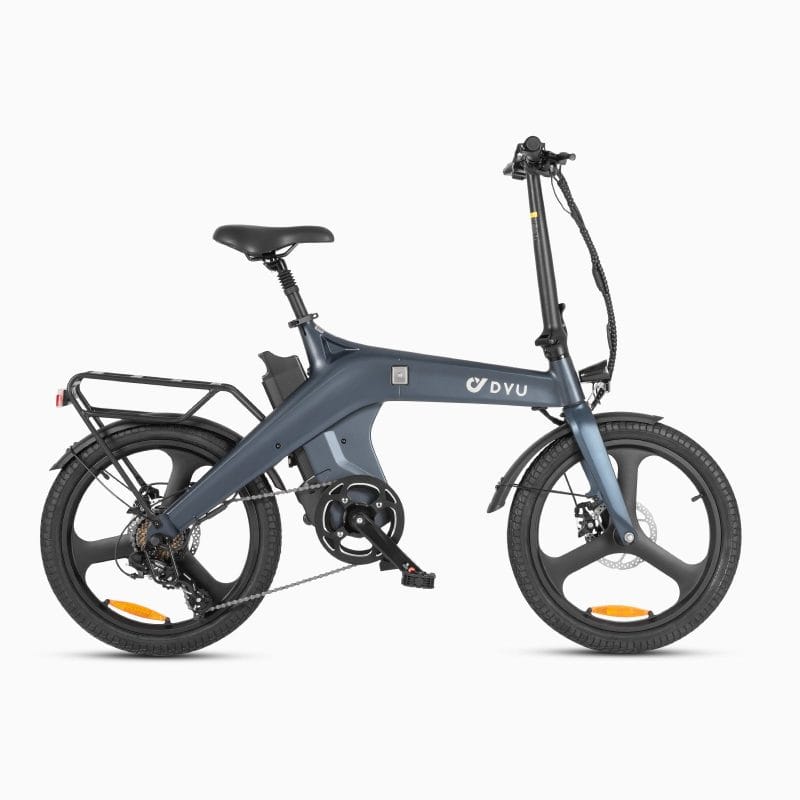
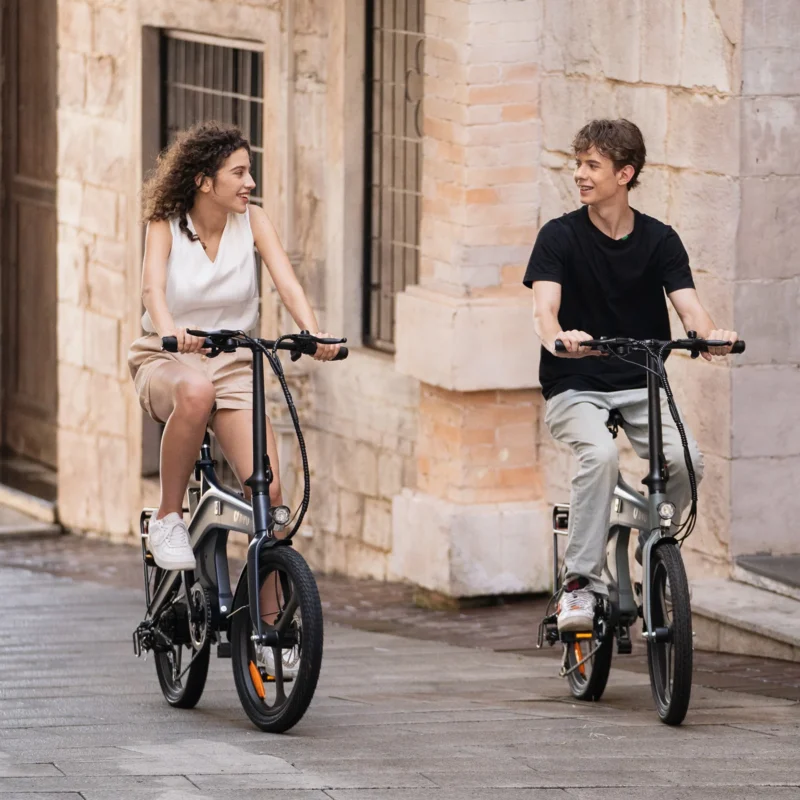
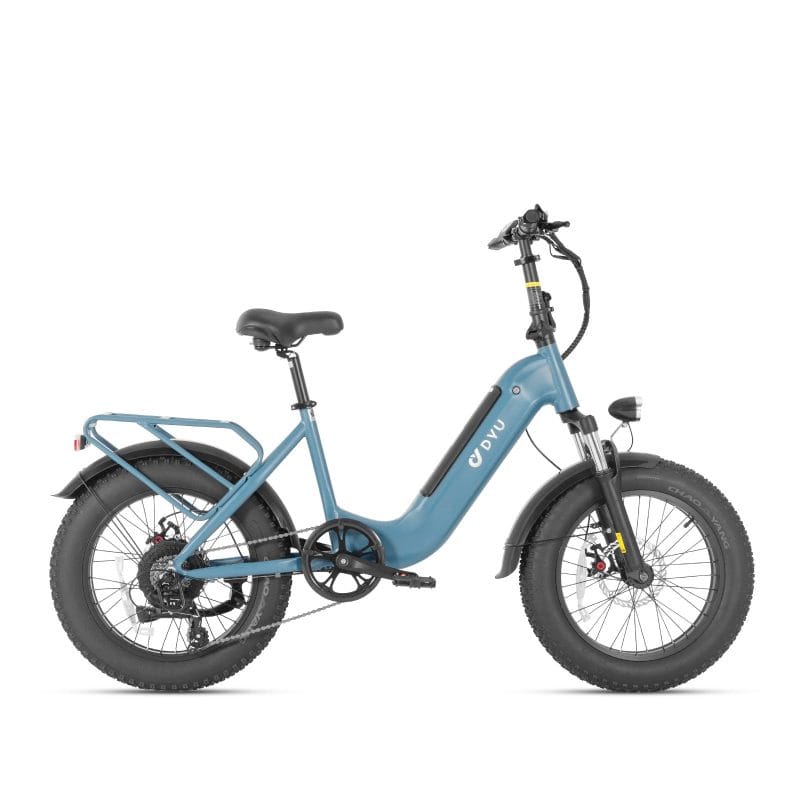
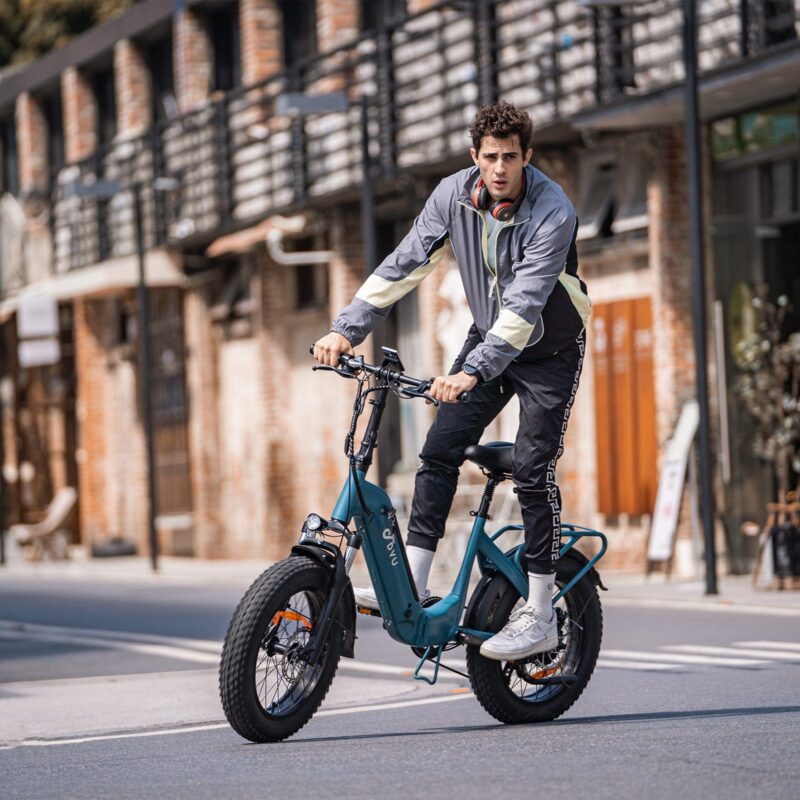
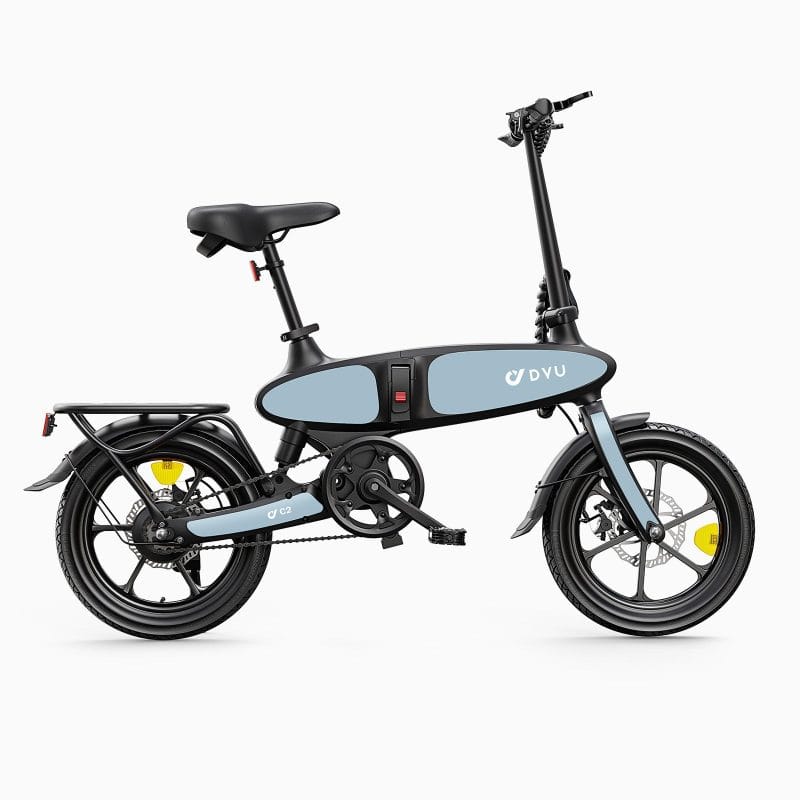
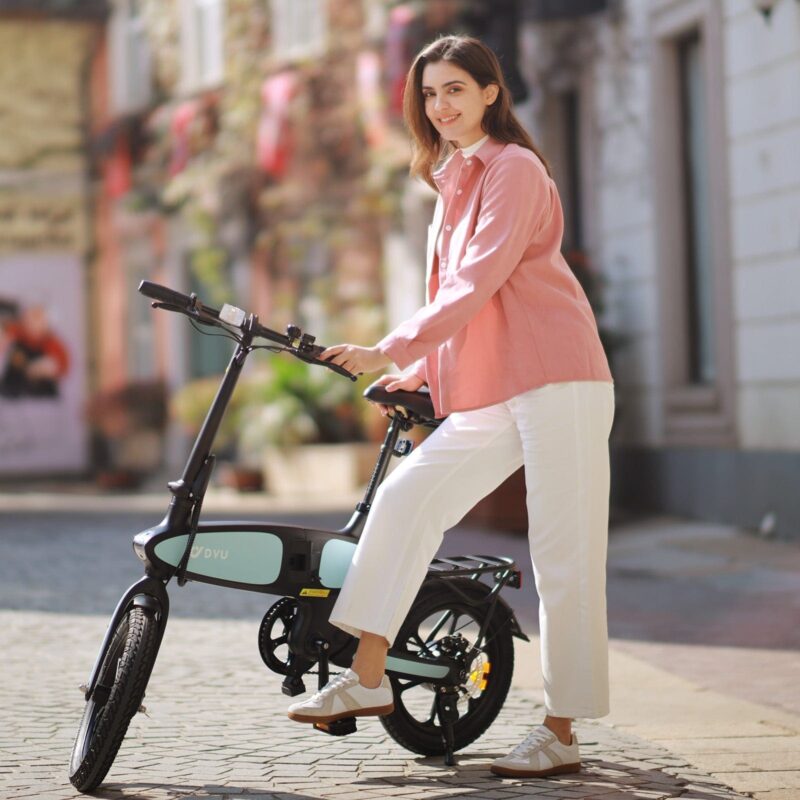
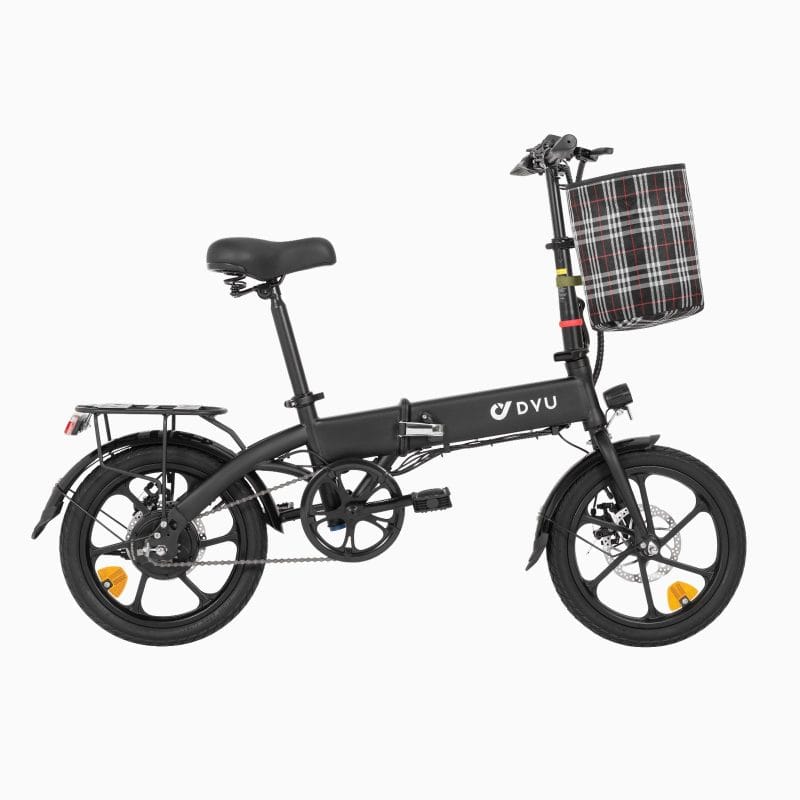
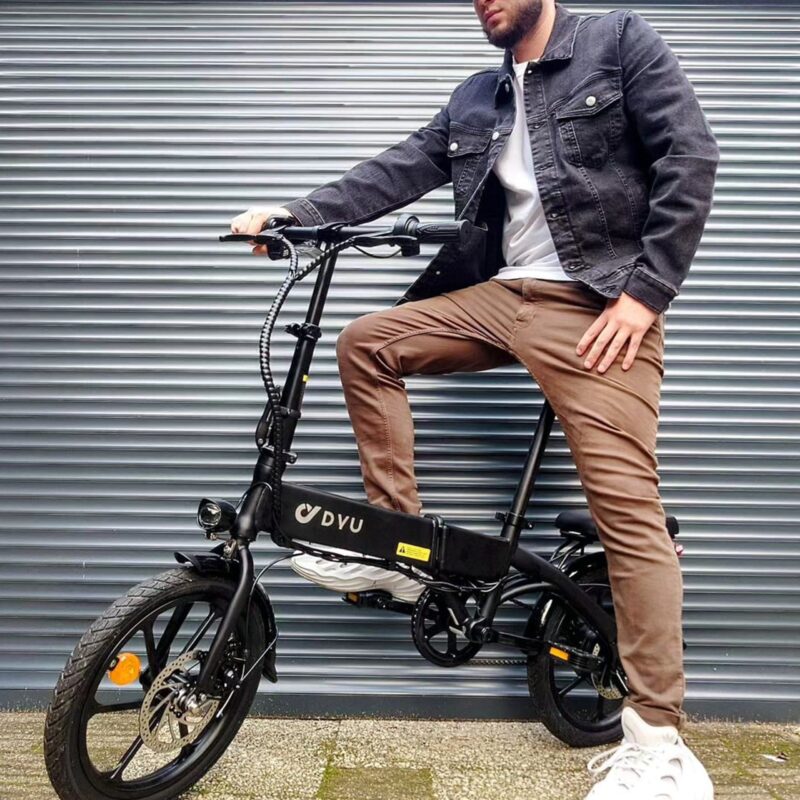
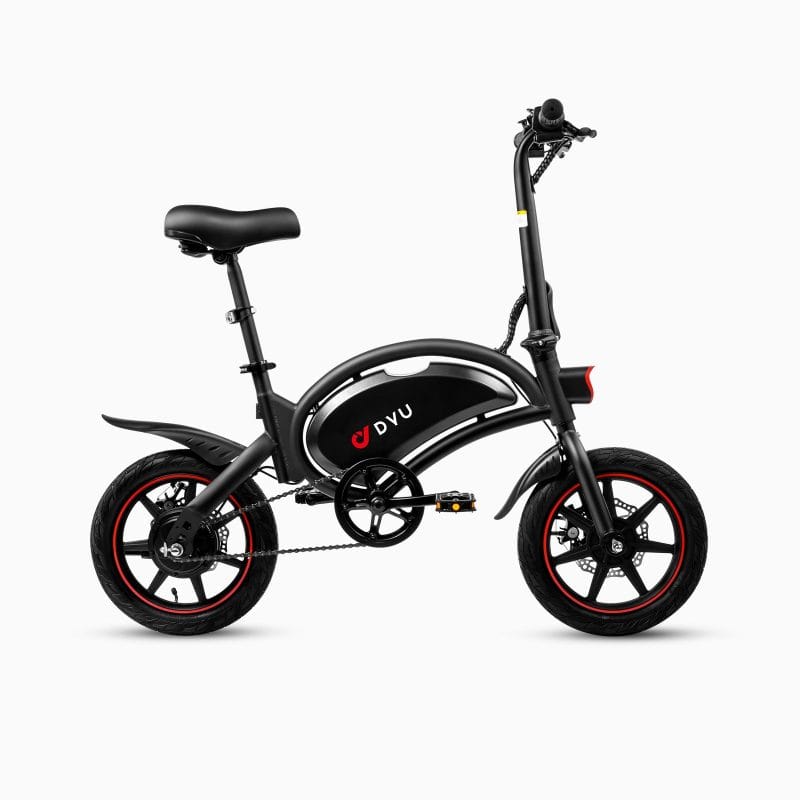

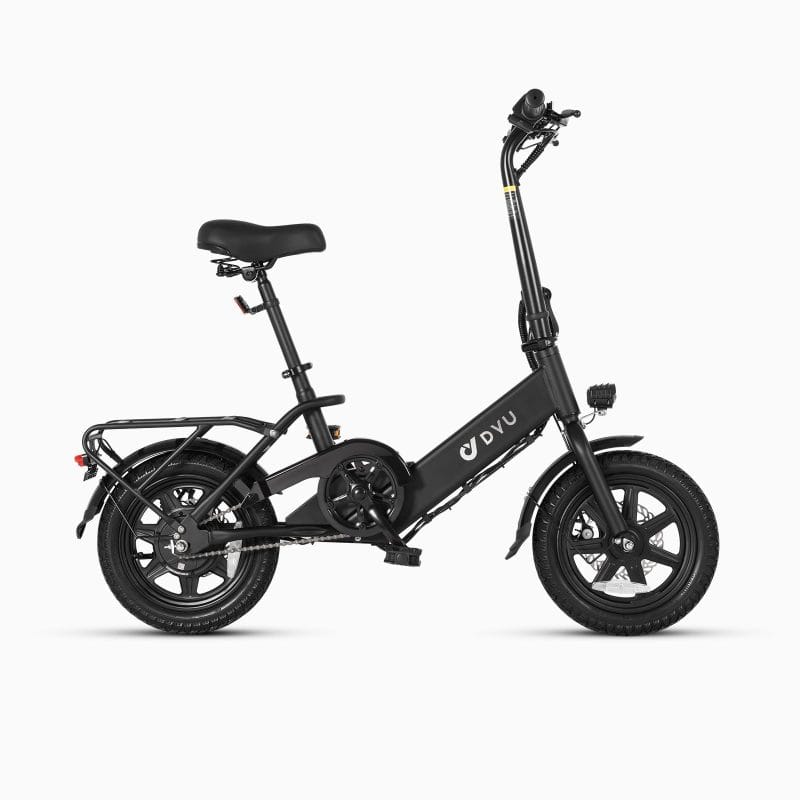

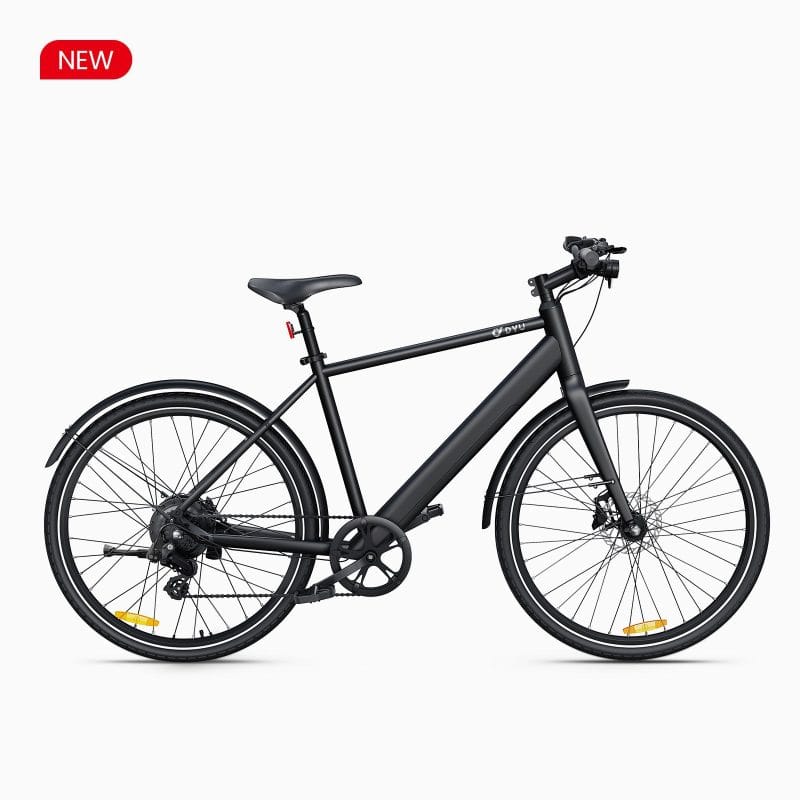
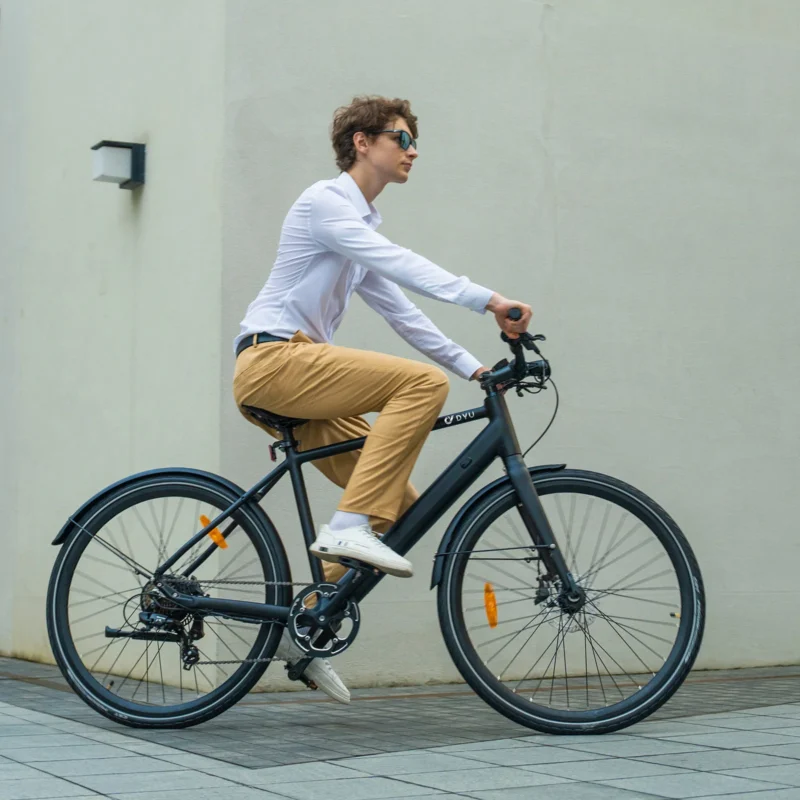
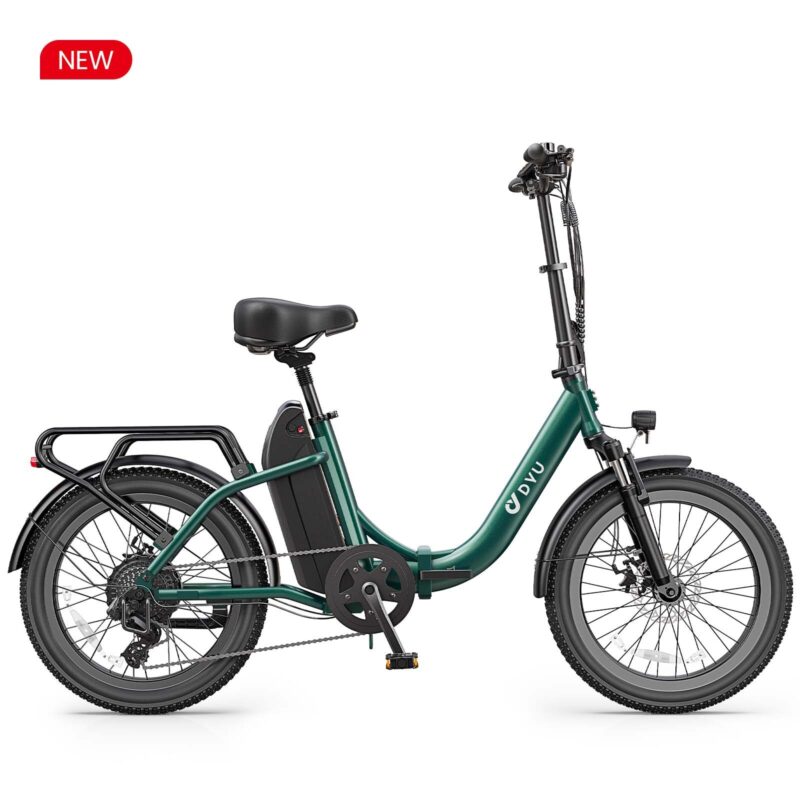
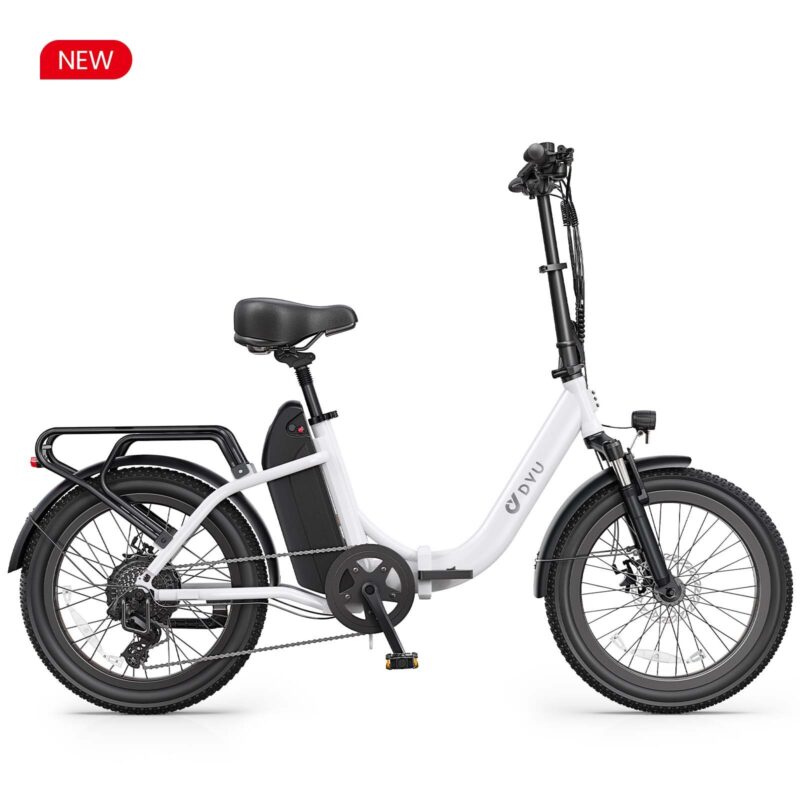
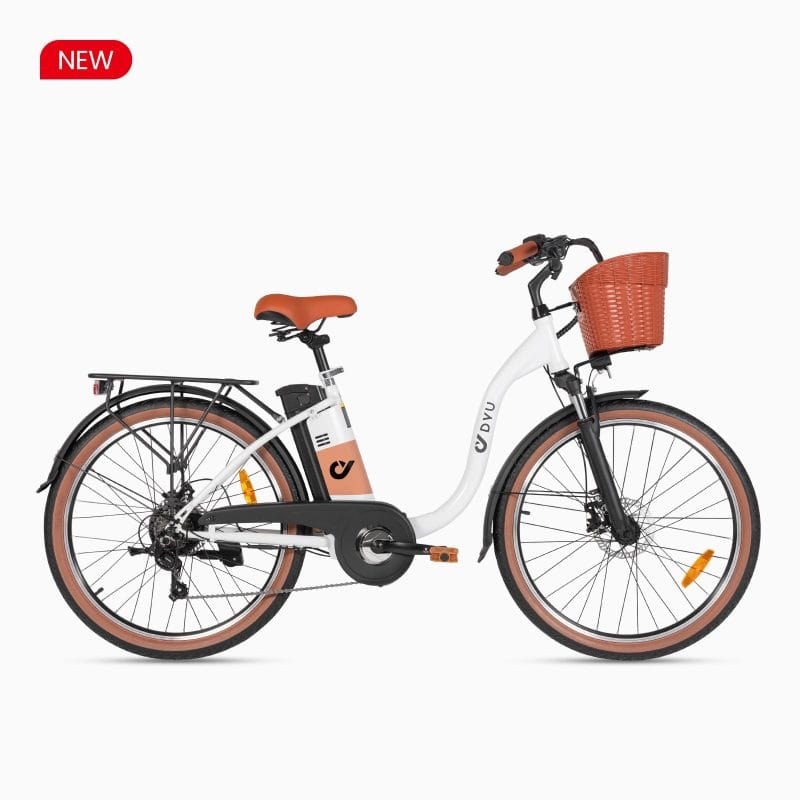
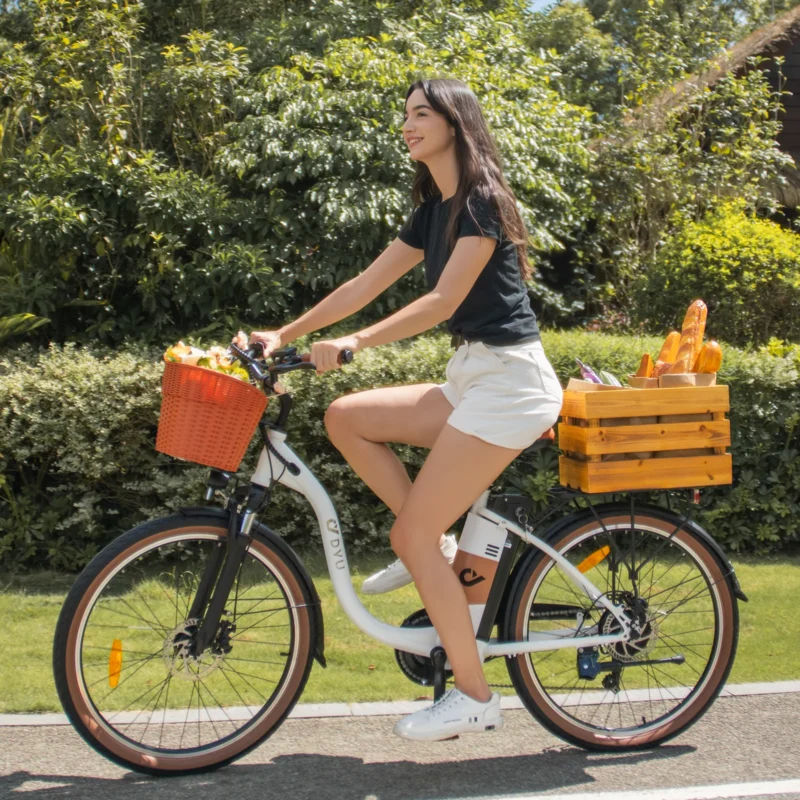
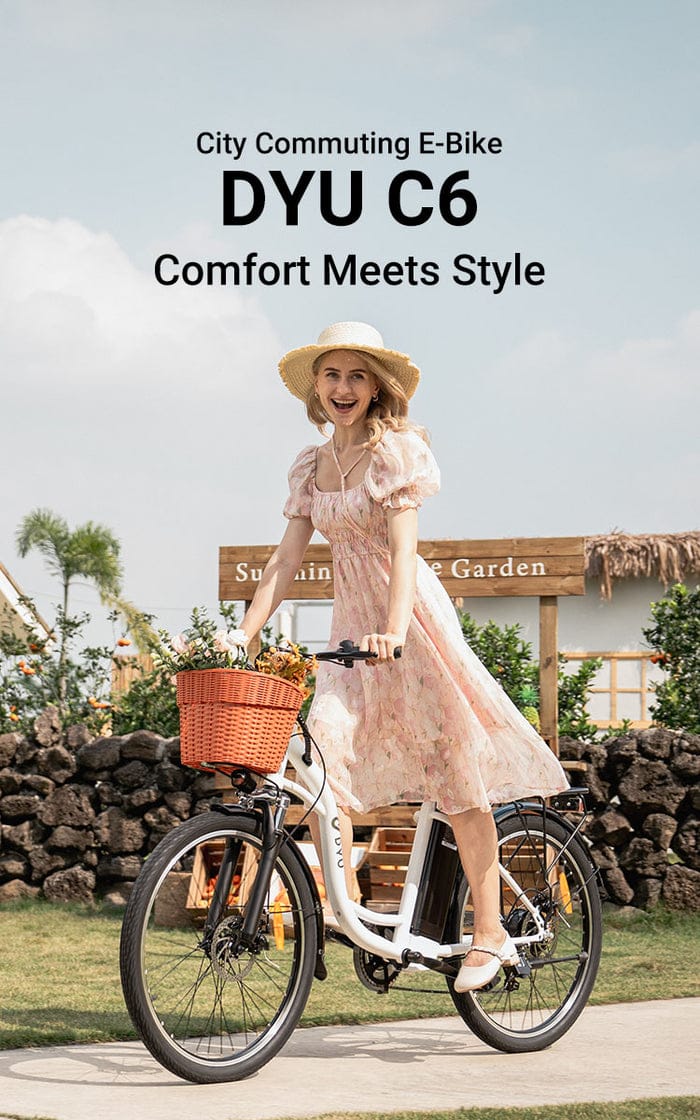




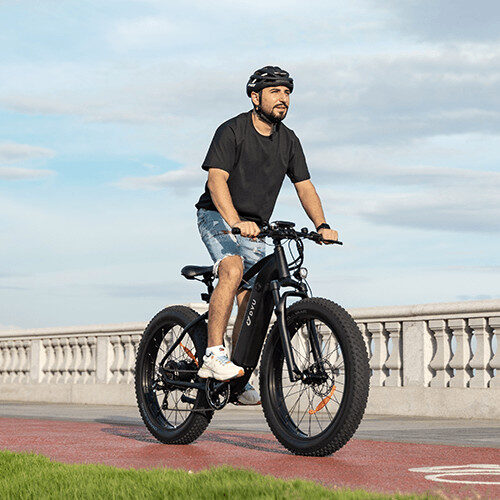
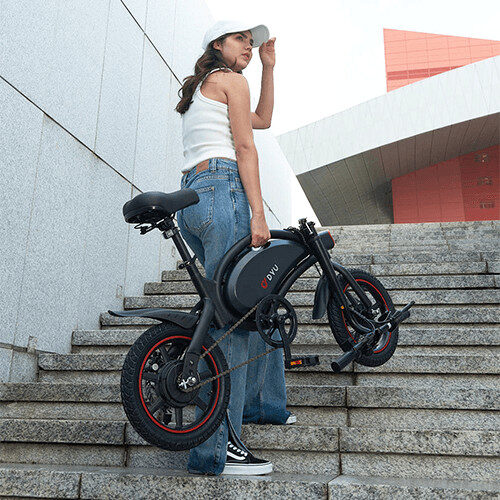
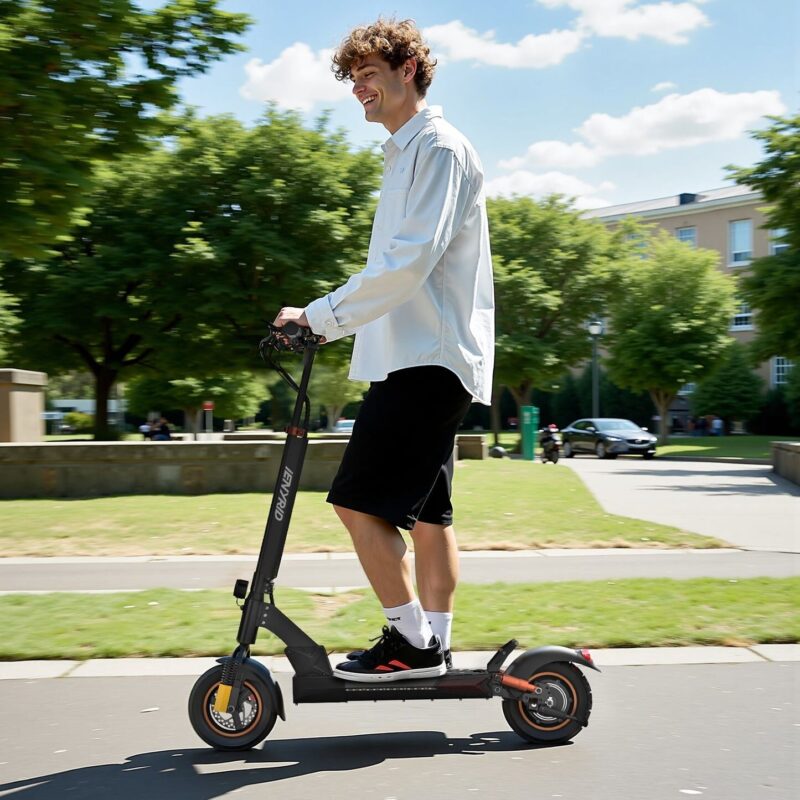
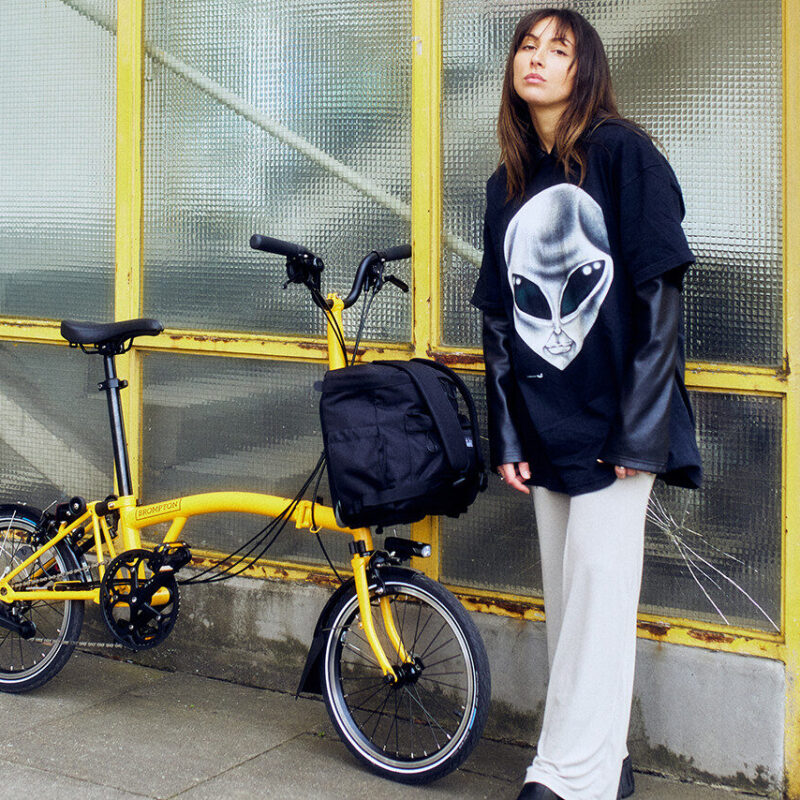


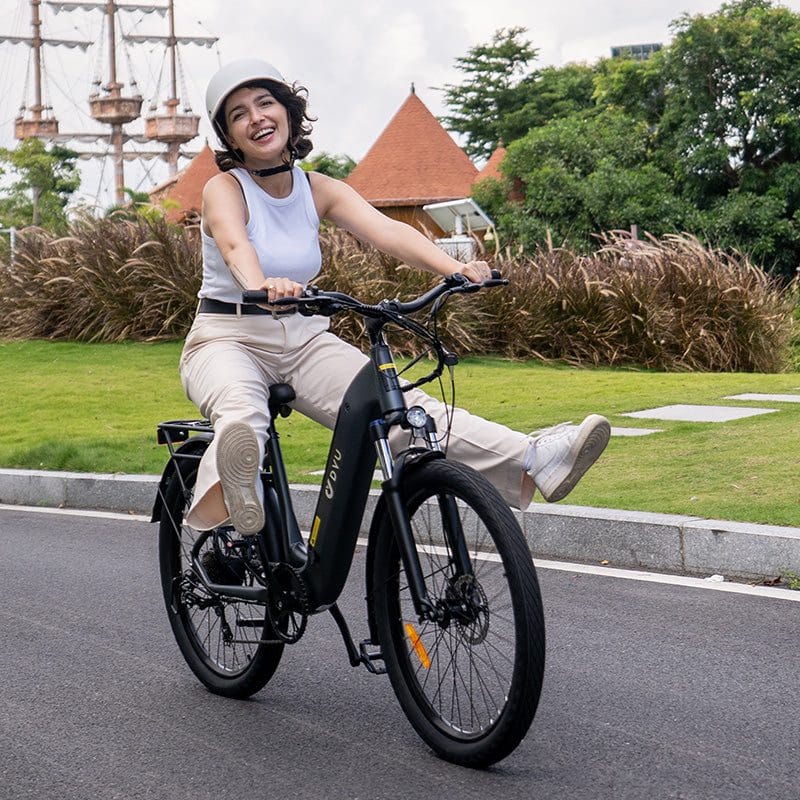


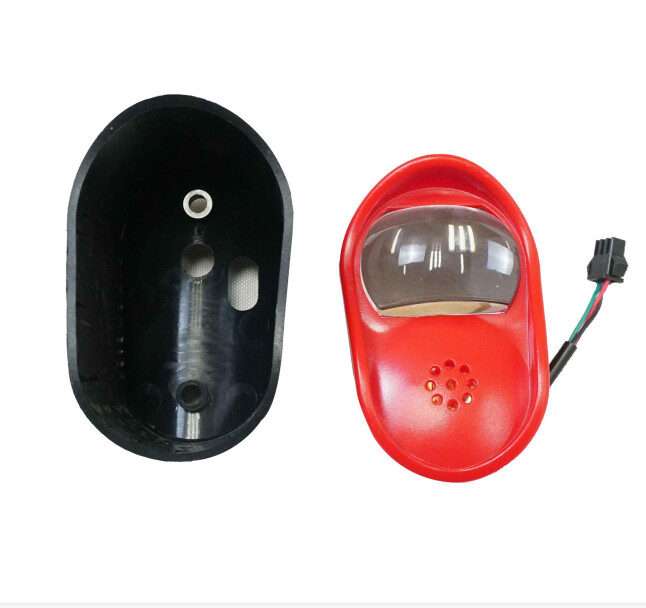
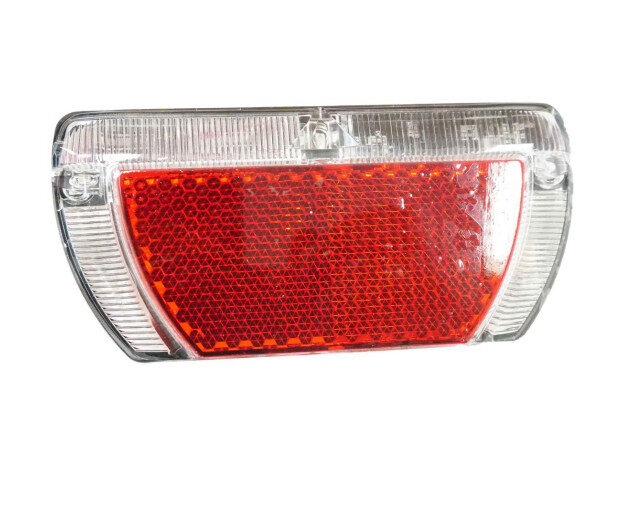


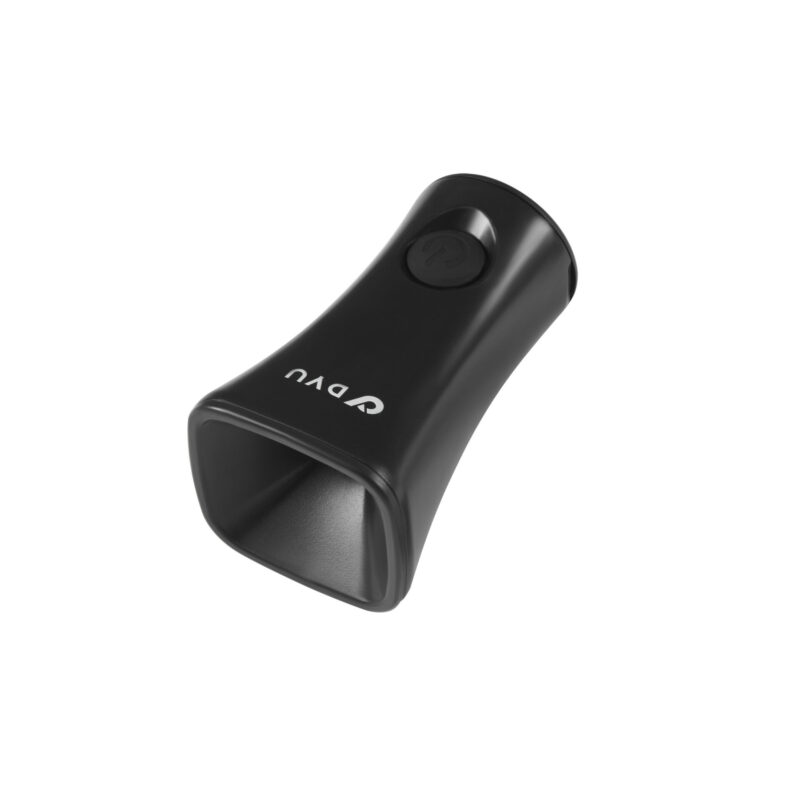
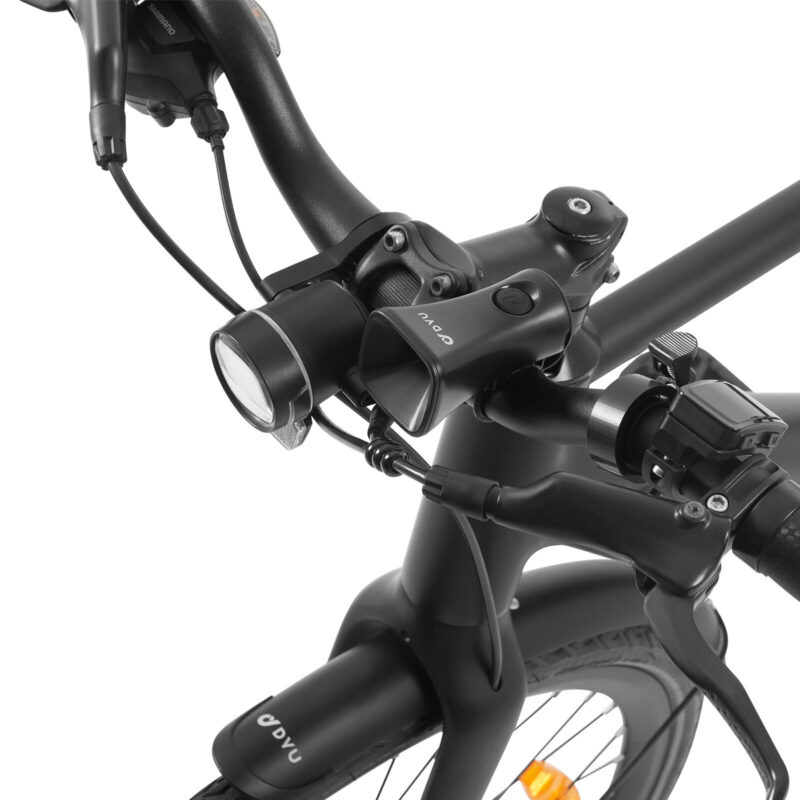
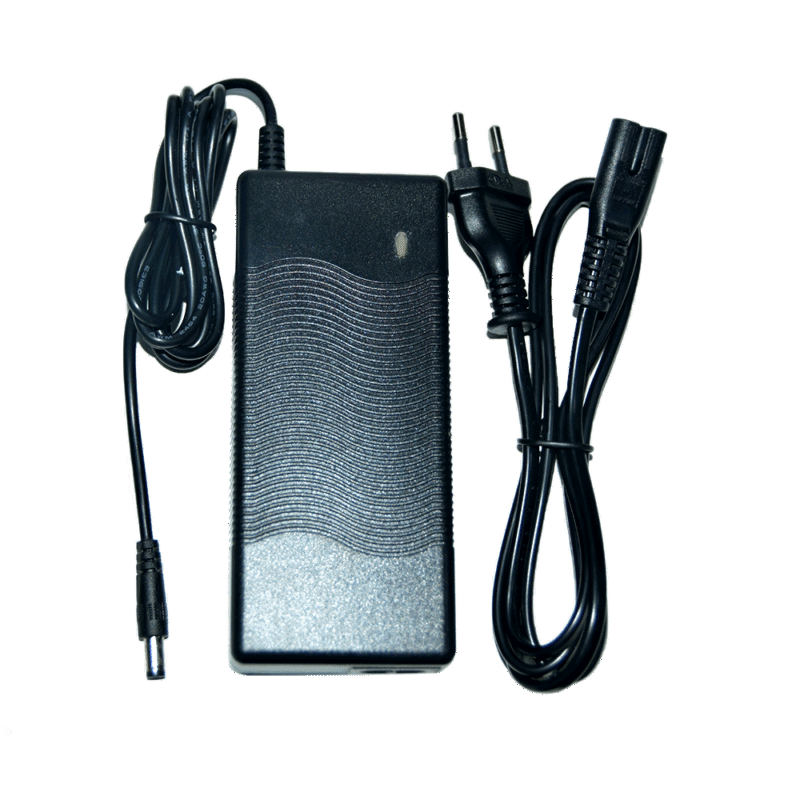
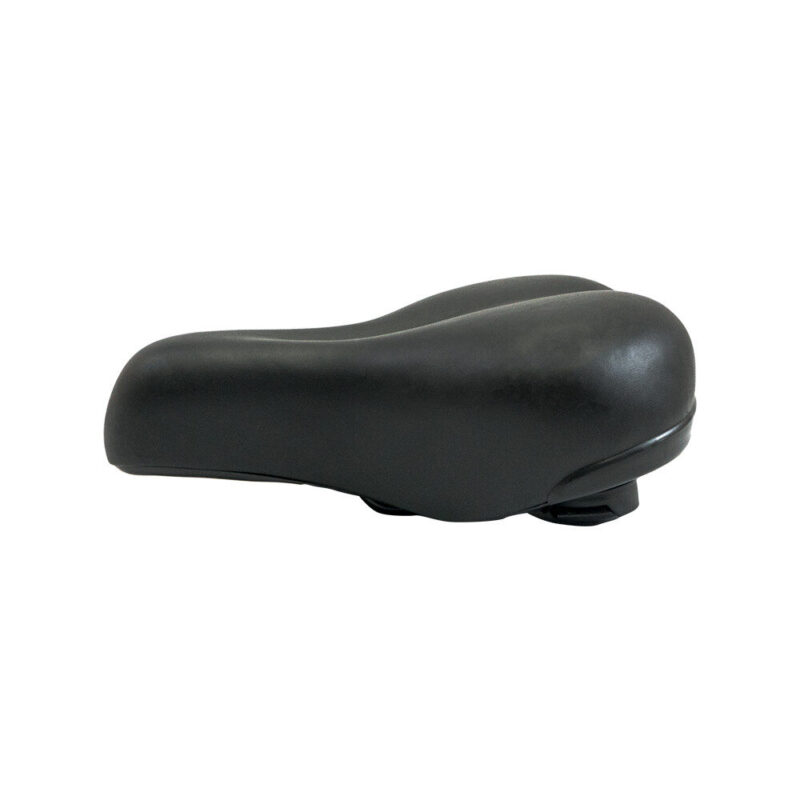
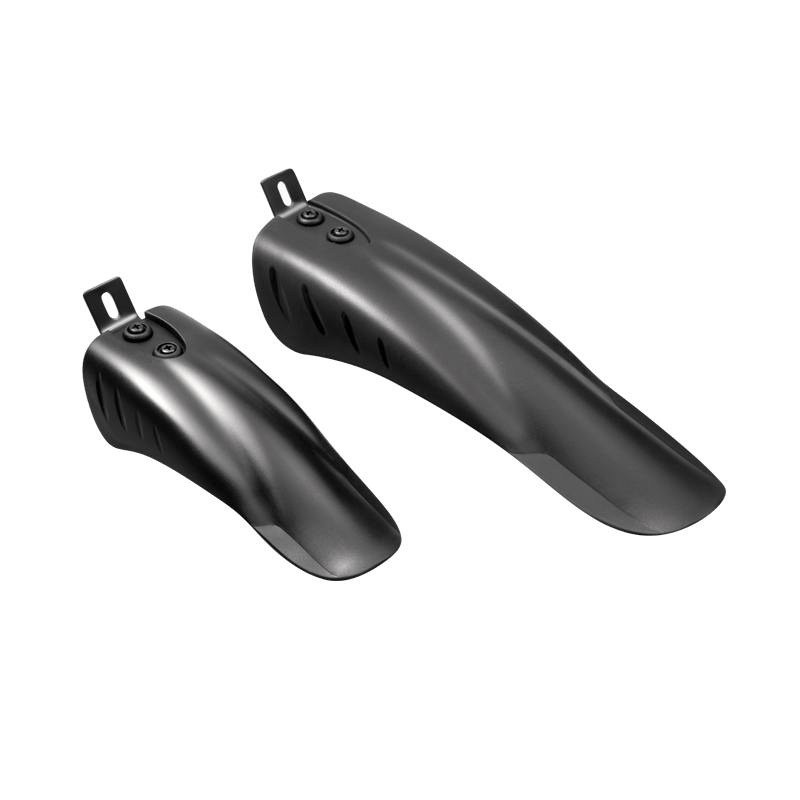
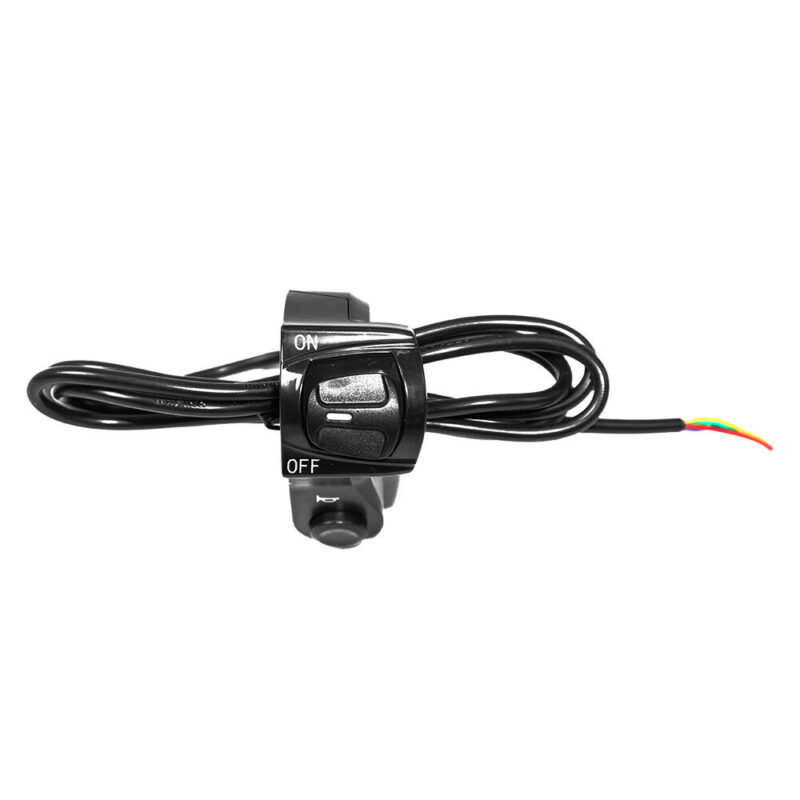
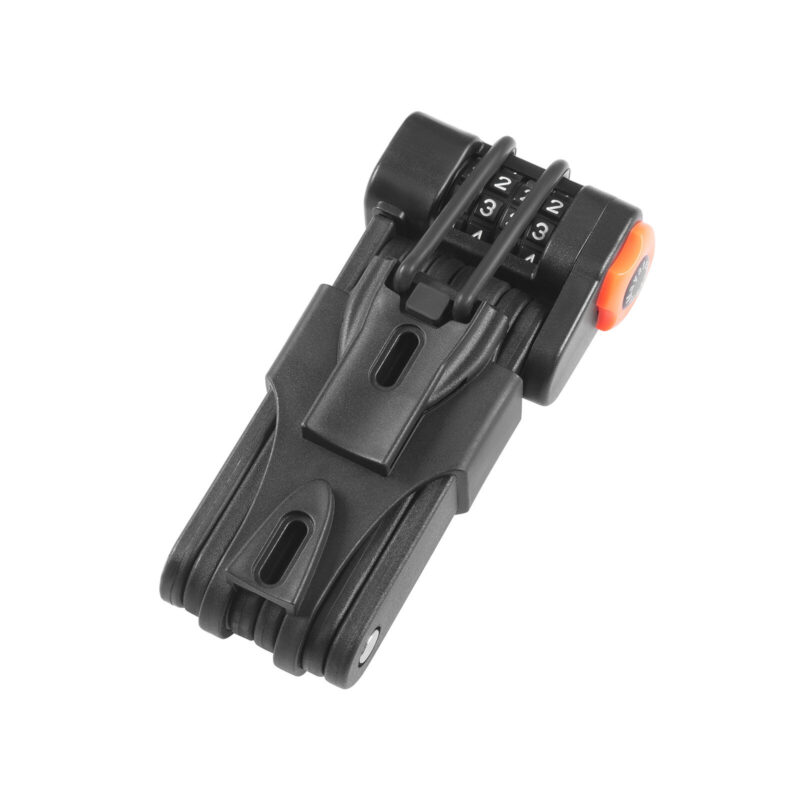
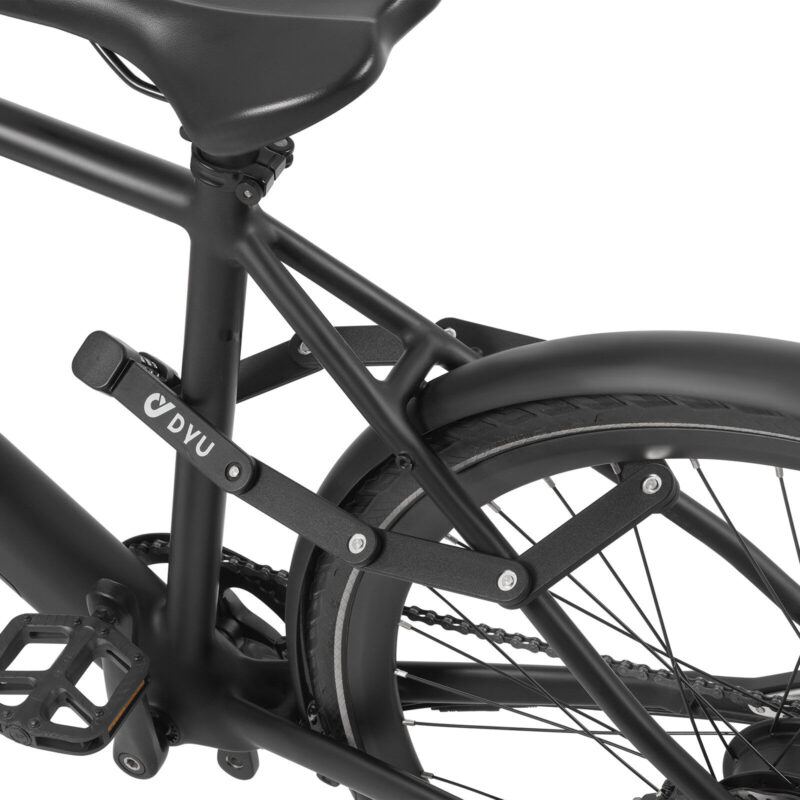
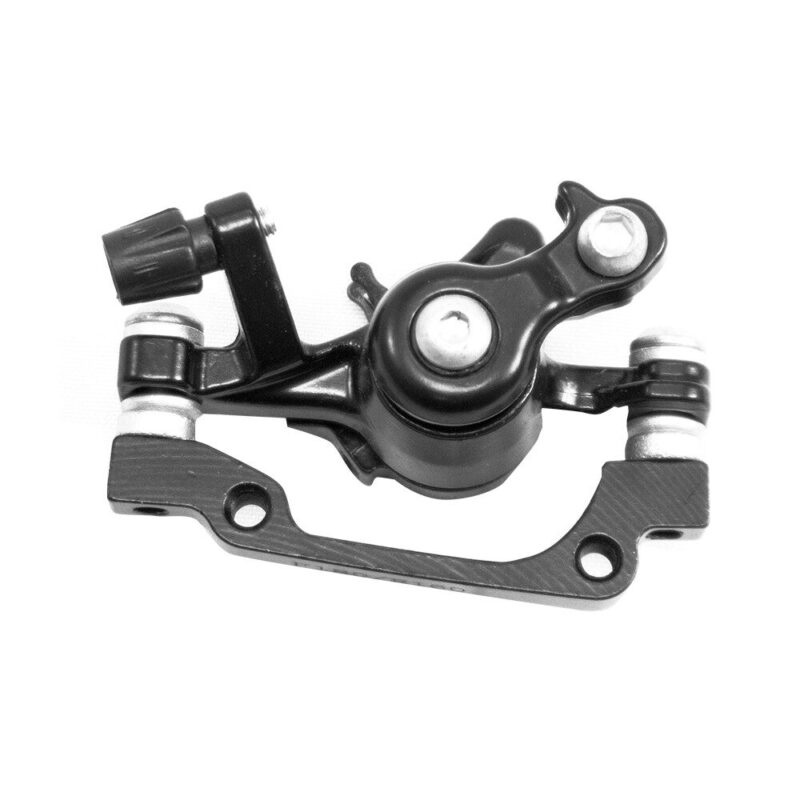
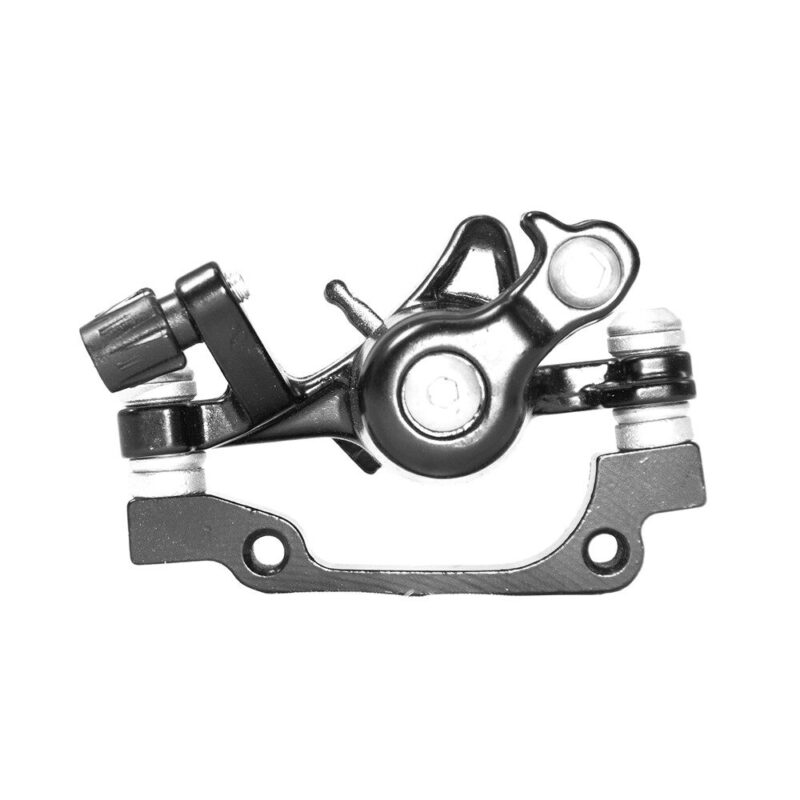
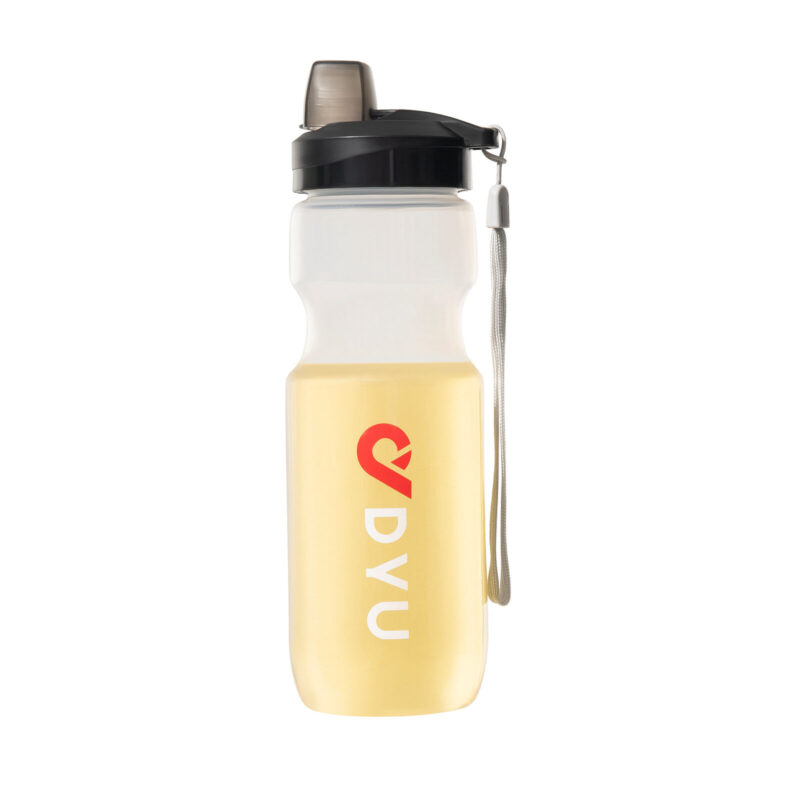
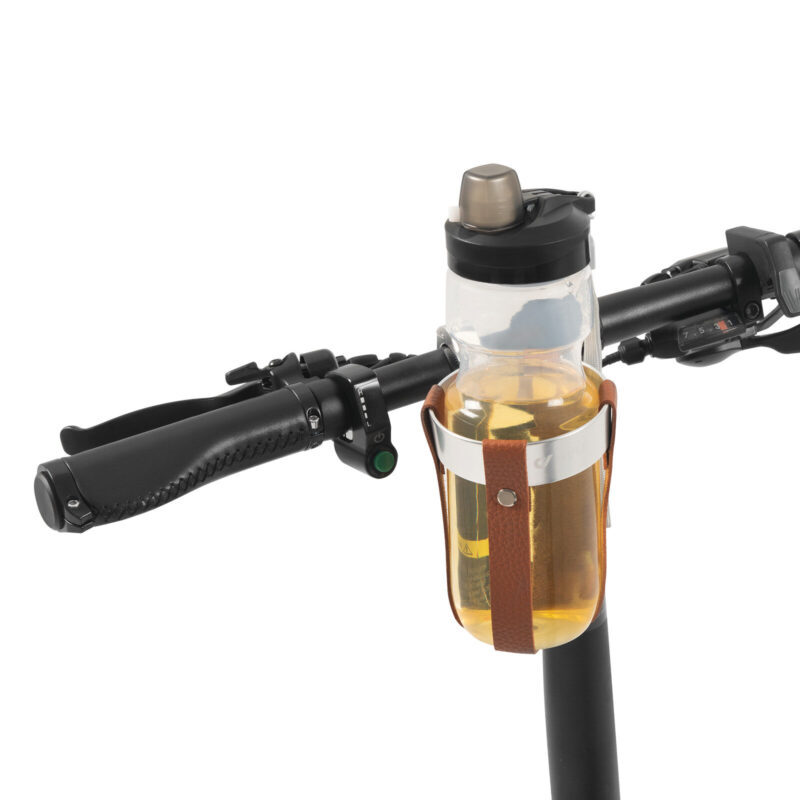


My biggest pet peeve is drinks spilling. Double-checking straps before every ride has helped—simple but effective advice.
Bought a DYU C6 Pro last month, and the rear rack is solid. Wish I’d known about insulated pizza bags earlier—no more soggy crusts!
Front suspension helps, but my Merida’s full suspension adds too much weight. Wish there was a light/comfortable middle ground.